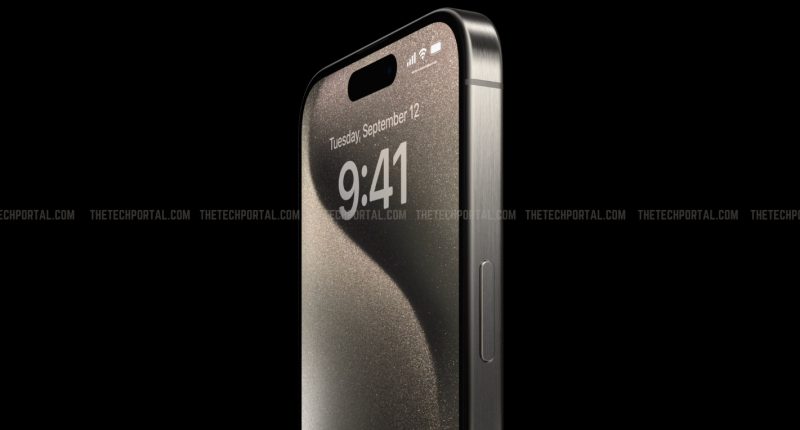In an unexpected turn of events, Apple has announced its decision to adopt the Rich Communication Services (RCS) messaging standard, marking a significant departure from its historical resistance and a change in the dynamics of cross-platform messaging. From 2024, the iPhones – Apple’s flagship smartphone series – will add support for RCS messaging in a bid to improve texting between iPhones and Androids.
“Later next year, we will be adding support for RCS Universal Profile, the standard as currently published by the GSM Association. We believe RCS Universal Profile will offer a better interoperability experience when compared to SMS or MMS. This will work alongside iMessage, which will continue to be the best and most secure messaging experience for Apple users,” a spokesperson for Apple commented on the matter. The adoption of RCS could potentially bridge the feature gap between iPhones and Android devices, providing users with a more seamless communication environment.
For years, Apple has been a staunch advocate of its proprietary messaging platform, iMessage. The green bubbles signifying messages from Android users have become emblematic of Apple’s walled-garden approach. However, mounting pressure from regulators and competitors, including Google and Samsung, has spurred a paradigm shift in Apple’s messaging strategy. For iPhone users, this development does not mean that the well-used iMessage will be abandoned – rather, the RCS will come as a strategic addition to the iPhone messaging ecosystem and exist alongside iMessage.
The adoption of RCS brings a host of iMessage-style features to iPhones and Androids alike. Users can anticipate the inclusion of read receipts, typing indicators, and the ability to share high-quality images and videos. The versatility of RCS, functioning over both mobile data and Wi-Fi, is expected to modernize the messaging experience for users. And as mentioned earlier, while RCS is a notable addition, Apple emphasizes that iMessage will remain the primary messaging platform for communication among iPhone users, and will retain its security features, such as robust end-to-end encryption (E2EE), and it’s clear that Apple continues to favour its tried-and-tested messaging service. Once support for RCS rolls out on the iPhone, it will work over mobile data or Wi-Fi as well.
The tech industry has responded positively to Apple’s RCS adoption. Google, a key player in the messaging space, has expressed satisfaction at Apple’s move towards embracing RCS. The collaborative efforts between Apple and Google are expected to extend to the implementation of RCS on iOS, fostering a more equitable and secure messaging experience. Apple now plans to collaborate with GSMA members to refine the RCS protocol and ensure interoperability, along with bringing improvements to the security and encryption of RCS messages (since Apple will not be using any sort of proprietary E2EE on top of RCS.
“Everyone deserves to communicate with each other in ways that are modern and secure, no matter what phone they have,” a spokesperson for Google said in a statement. “That’s why we have worked closely with the mobile industry to accelerate the adoption of RCS, and we’re happy to see Apple take their first step today by coming on board to embrace RCS.
The Tech Portal is published by Blue Box Media Private Limited. Our investors have no influence over our reporting. Read our full Ownership and Funding Disclosure →





